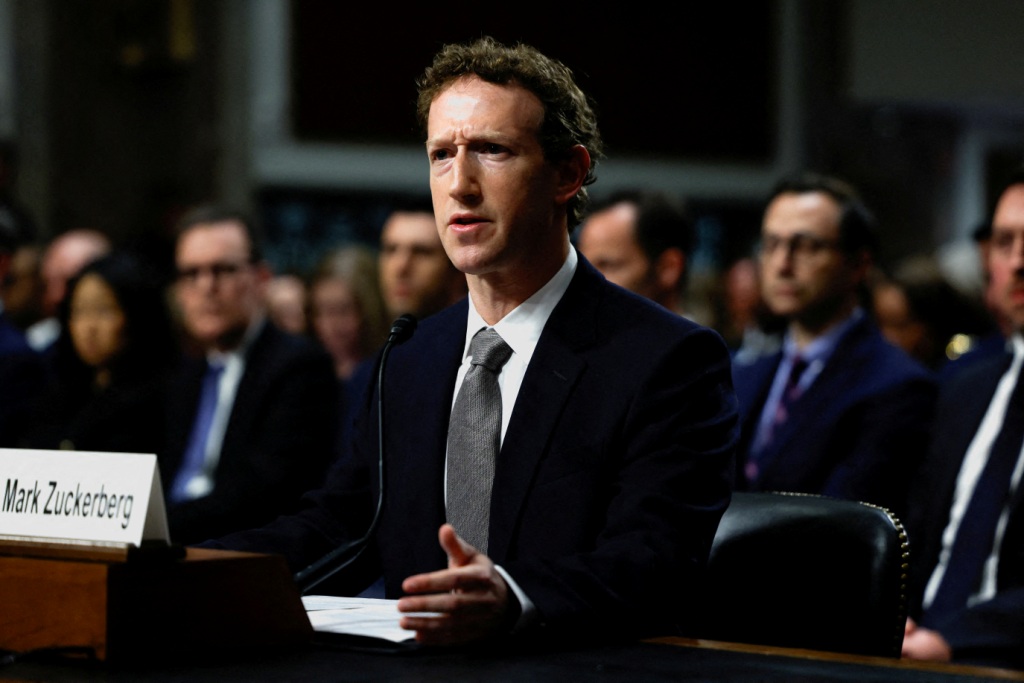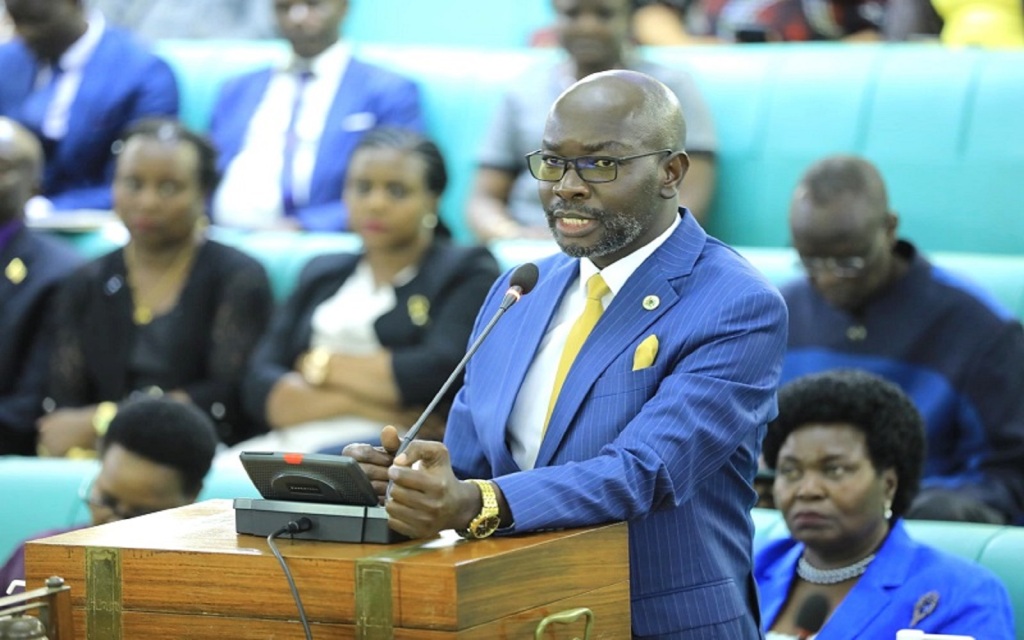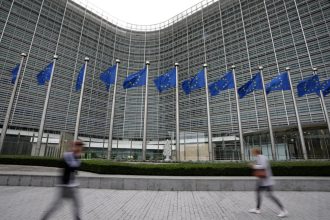(Oakland, California) – A federal judge has ruled that Meta CEO Mark Zuckerberg is not personally liable in the ongoing lawsuits accusing the company of contributing to social media addiction among children. The decision came on November 8, 2024, from U.S. District Judge Yvonne Gonzalez Rogers in Oakland, California.
The 25 lawsuits, which were filed by plaintiffs from 13 U.S. states, alleged that Zuckerberg played a central role in Meta’s efforts to conceal the mental health risks posed by Facebook and Instagram, especially to younger users. The plaintiffs had described Zuckerberg as the “guiding spirit” behind these actions, claiming he ignored internal warnings and publicly downplayed the dangers of social media use for children.
However, Judge Gonzalez Rogers found that there was insufficient evidence to prove Zuckerberg’s personal involvement in these actions. The judge explained that mere control of corporate activity was not enough to establish personal liability. While the lawsuits against Zuckerberg were dismissed, the legal claims against Meta itself remain unresolved.
The lawsuits allege that Meta’s platforms have caused harm to children, including issues like addiction, depression, anxiety, and interference with sleep and education. This ruling does not affect the broader wave of lawsuits targeting major tech companies like Google, TikTok, and Snapchat, all of which are facing similar legal challenges regarding the mental health effects of social media on minors.
Previn Warren, an attorney representing the plaintiffs, expressed his commitment to continuing the legal battle, stating that his clients would persist in gathering evidence to expose the dangers posed by Big Tech and their prioritization of profits over child safety.
The cases are part of a larger legal effort that includes dozens of U.S. state attorneys general, who are investigating the links between social media use and harmful mental health outcomes among young users. The lawsuits have garnered attention for their focus on social media addiction and its effects on children’s well-being.
The case in question is known as In re Social Media Adolescent Addiction/Personal Injury Products Liability Litigation, filed in the U.S. District Court for the Northern District of California.




















